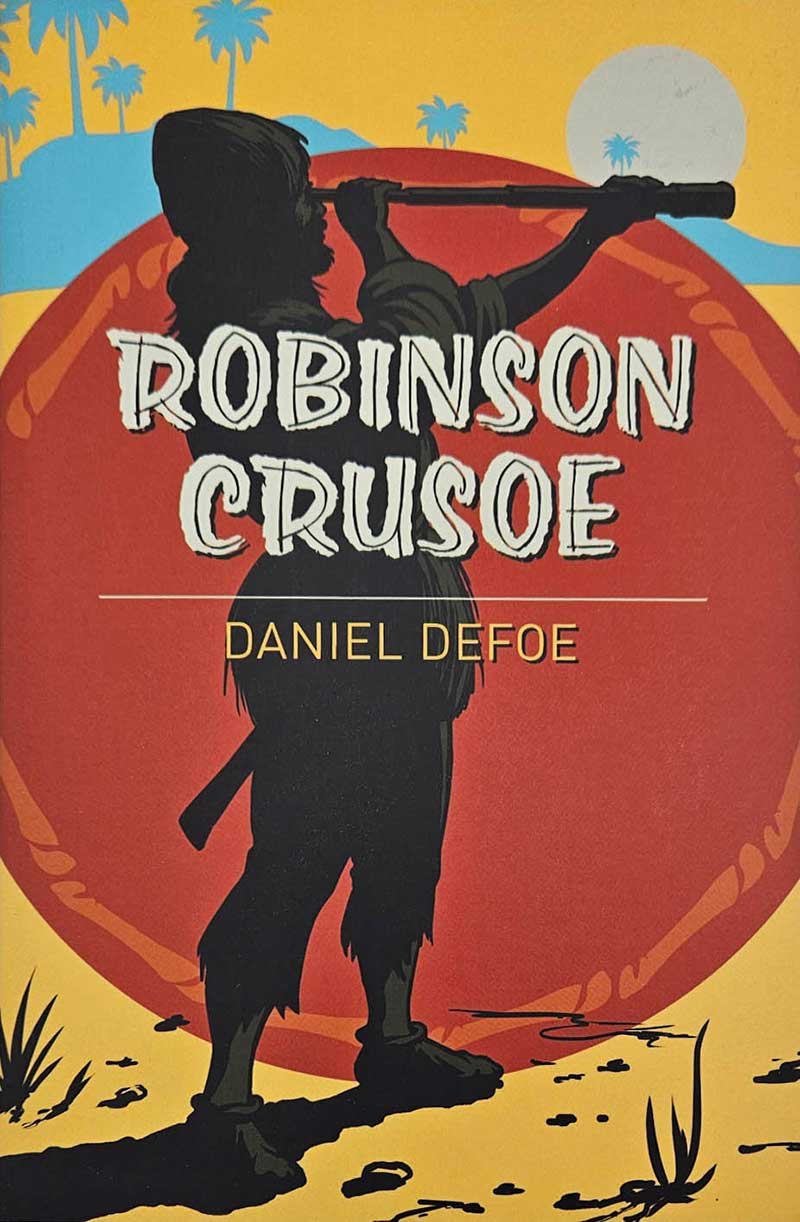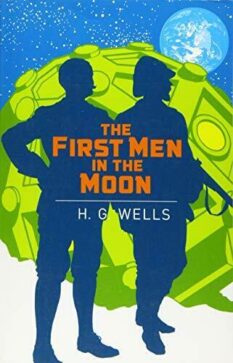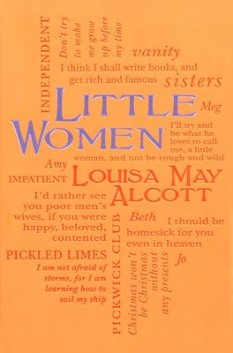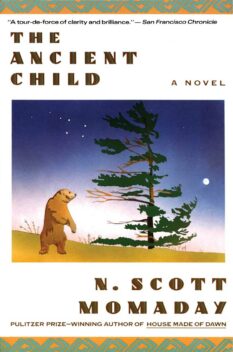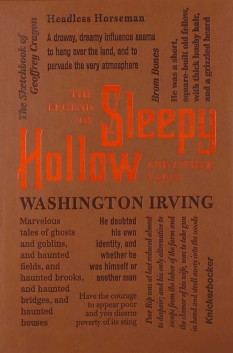Robinson Crusoe
From its publication in 1719, and through many translations, Robinson Crusoe has been hailed as the classic adventure story. Although the insirpation came from a real=life castaway call Alexander Selkirk, the novel can be enjoyed as a tale of survival, of spiritual awakening, or a s a mythic quest.
$2.79
Paperback
Out of stock: Contact us regarding future availability.
Description
Summary
“It happened one day, about noon, going towards my boat, I was exceedingly surprised with the print of a man’s naked foot on the shore…”
Thus Defoe describes the heart-stopping moment when – after years of solitude – the world’s most famous shipwrecked mariner discovers that he is not totally alone on his island.
About the Author
James Fenimore Cooper was the great professional American author. He was born on September 15, 1789, in Burlington, New Jersey, and grew up in the frontier village of Cooperstown, New York, in the heart of the wilderness he was to immortalize in his frontier novels. A high-spirited youth, he was expelled from Yale because of a prank and was finally signed by the navy by his strong-willed father. In 1819 a trifling incident reportedly led to the writing of his first book. Reading aloud to his wife from a popular English novel, he exclaimed, “I could write you a better book myself!” The result was Precaution (1820), which followed in 1821 by his first real success, The Spy.
Cooper became a prolific writer, creating two unique genres that were to become staples in American literature–the sea romance and the frontier adventure story. The first of the famous Leatherstocking tales, The Pioneers, appeared in 1823 and introduced the wilderness scout Natty Bumppo. This detailed portrait of frontier life has been called the first truly American novel. In The Last of the Mohicans (1826) Natty Bumppo becomes the well-loved Hawkeye befriended by the noble Indian Chingachgook; the novel remains a favorite American classic. Other Leatherstocking tales were The Prairie (1827), The Pathfinder (1840) influenced both Herman Melville and Joseph Conrad and led to the use of the sea novel as vehicle for spiritual and moral explorations. Cooper also wrote political satire, romance, and the meticulously researched History of the Navy of the United States of America (1839). By the time of his death on September 14, 1851, he was considered America’s “national novelist.”
Additional information
| Weight | 7.5 oz |
|---|---|
| Dimensions | 7.8 × 5.1 × .65 in |
| Binding |
